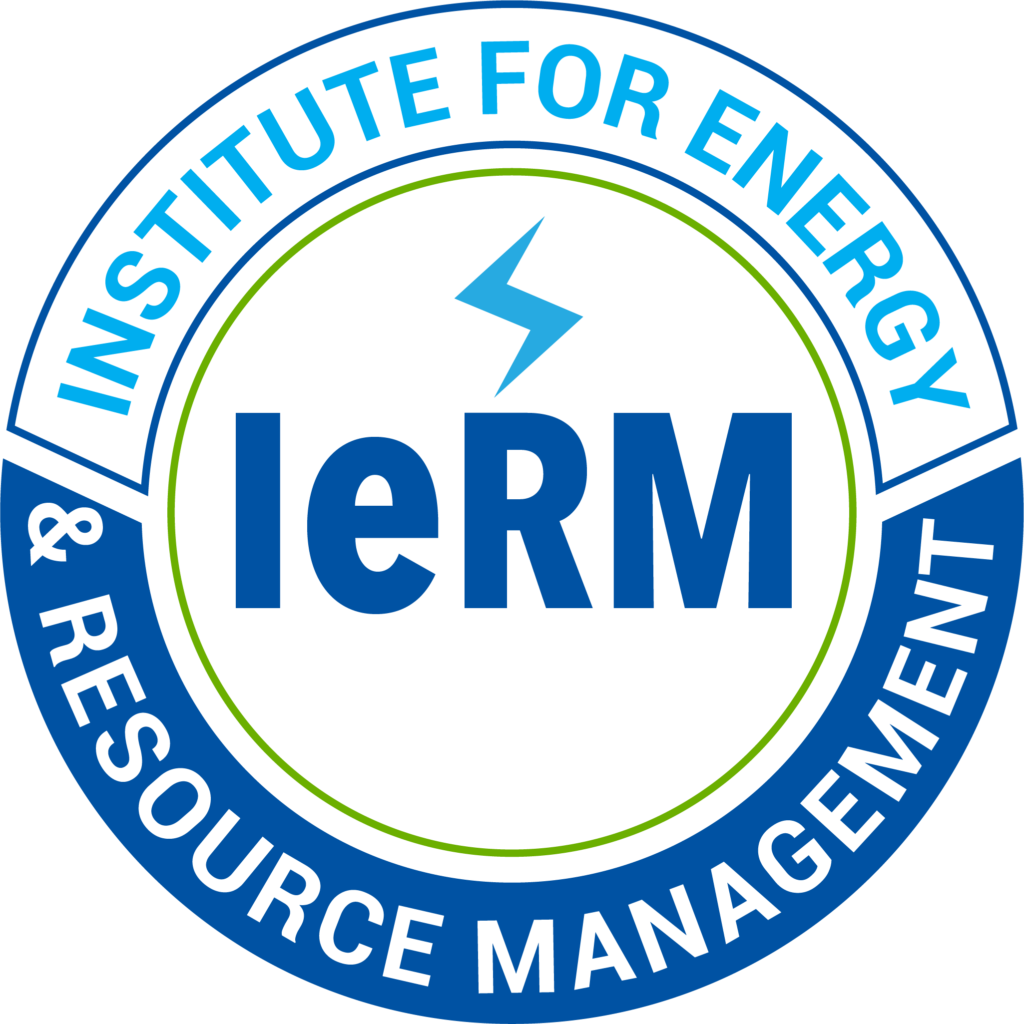February 17th 2022 In December of 2021, after months of questioning the King County Solid Waste Division (KCSWD) about their plans to expand the Cedar Hill Landfill, the Institute for Energy, Waste and Resource Management sent a challenge to the Director of the SWD.In it we took issue with their decision to expand,
24th January 2022 This study, building on a previous study conducted by Prognos in 2008, highlights the important contributions by the waste management sector to the EU climate objectives, accounting for avoided emissions for 10 selected waste streams for EU27+UK, based on available statistical data. 9 material waste streams were considered
Leaders from the Institute for Energy and Resource Management, drawing on Europe’s experience, make the case for why it’s time to reduce methane and stop landfilling MSW. Published Nov. 12, 2021 By Philipp Schmidt-Pathmann and Stephen Gerritson Philipp Schmidt-Pathmann and Stephen Gerritson are board members at the Institute for Energy and Resource
A growing number of brands are switching to recycled fibers but experts worry people may believe their purchases are impact-free – when that’s far from true By Emma Bryce, November 6, 2021 Woven into your clothes is a material that takes on many disguises. It may have the texture of wool,
An Interview with Philipp Schmidt-Pathmann President and CEO of IeRM ((Note: We asked Mr. Schmidt-Pathmann for his views on climate change, global efforts to mitigate the problem, and what he thought would be most effective. This is the first segment of his remarks, which have been edited for continuity.)) Over the past summer, we’ve seen ample evidence of climate change: excessive heat and drought, wildfires out of control, tropical storms more powerful and more damaging than ever before, flooding, loss of beach front – the list goes on. And while people seem to be waking up to the problem, there are very few if any proposals for action now. Some want to switch to renewable energy – 50% by 2050. Some look around for someone or something to blame – big coal, big oil. And some just throw up their hands and say, “what can we do, when China and India won’t cooperate.” The honest and sad truth is that we’ve dug ourselves a pretty deep hole, and we can’t wait for the world’s leaders to get together at their next summit and argue about reduction targets and revised timetables. We also have to recognize that we, as individuals, need to accept some responsibility for both the problem and the solutions. That means, to put it bluntly, changing our behavior. One area where we, as individuals, can have an impact pretty quickly is waste management. But wait, you say, that’s a government




